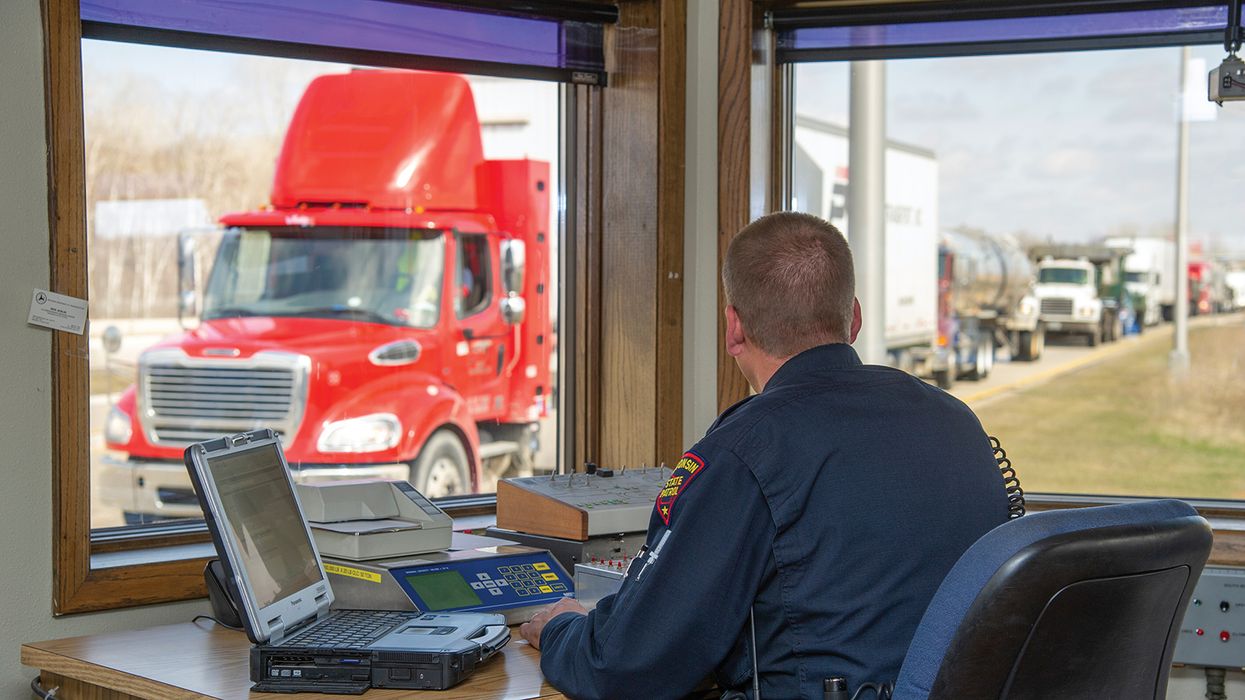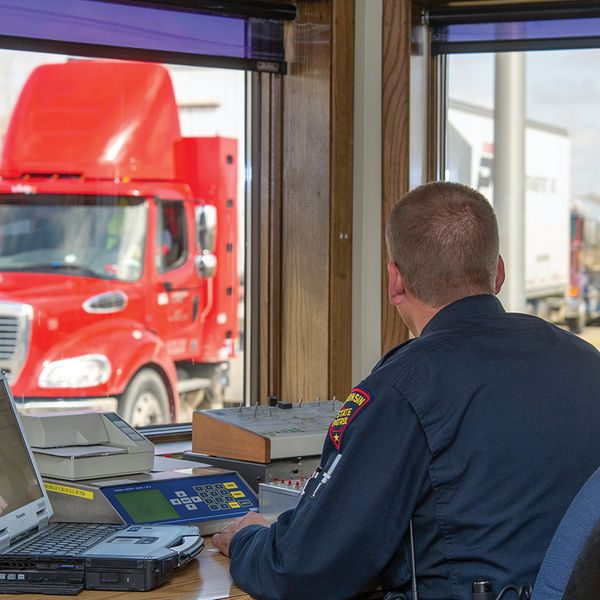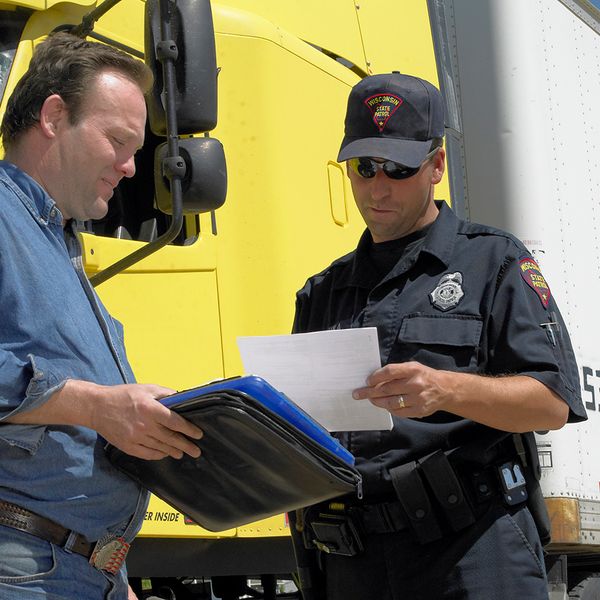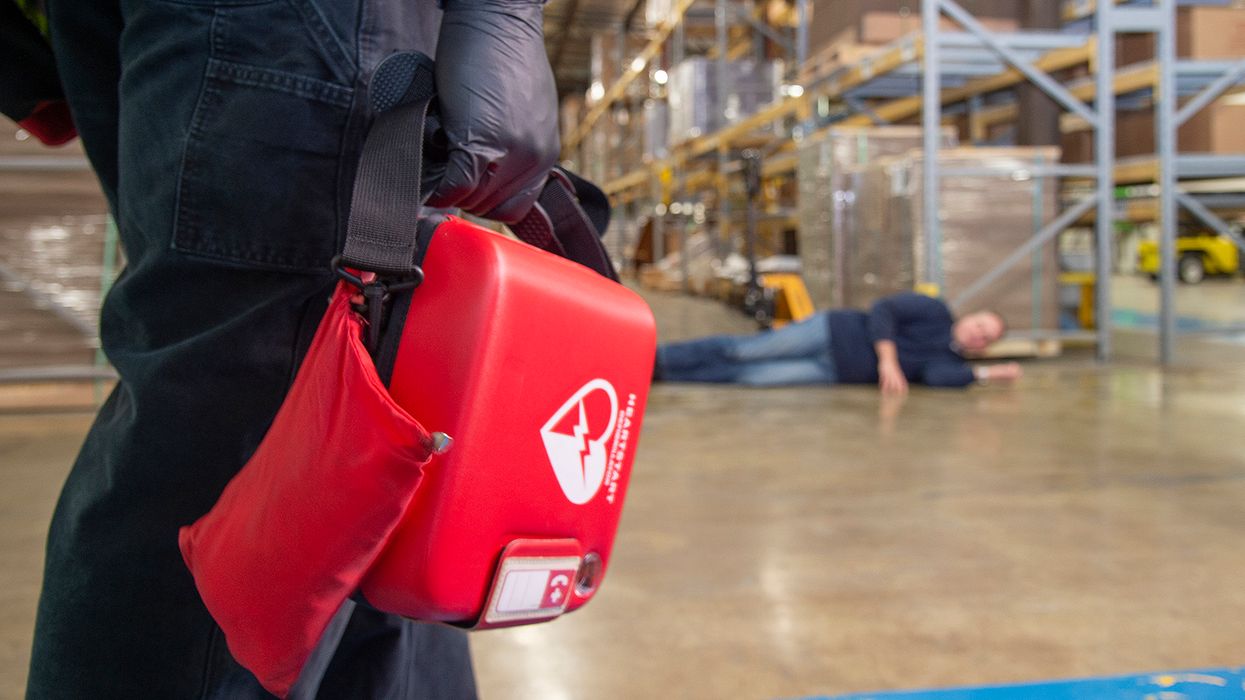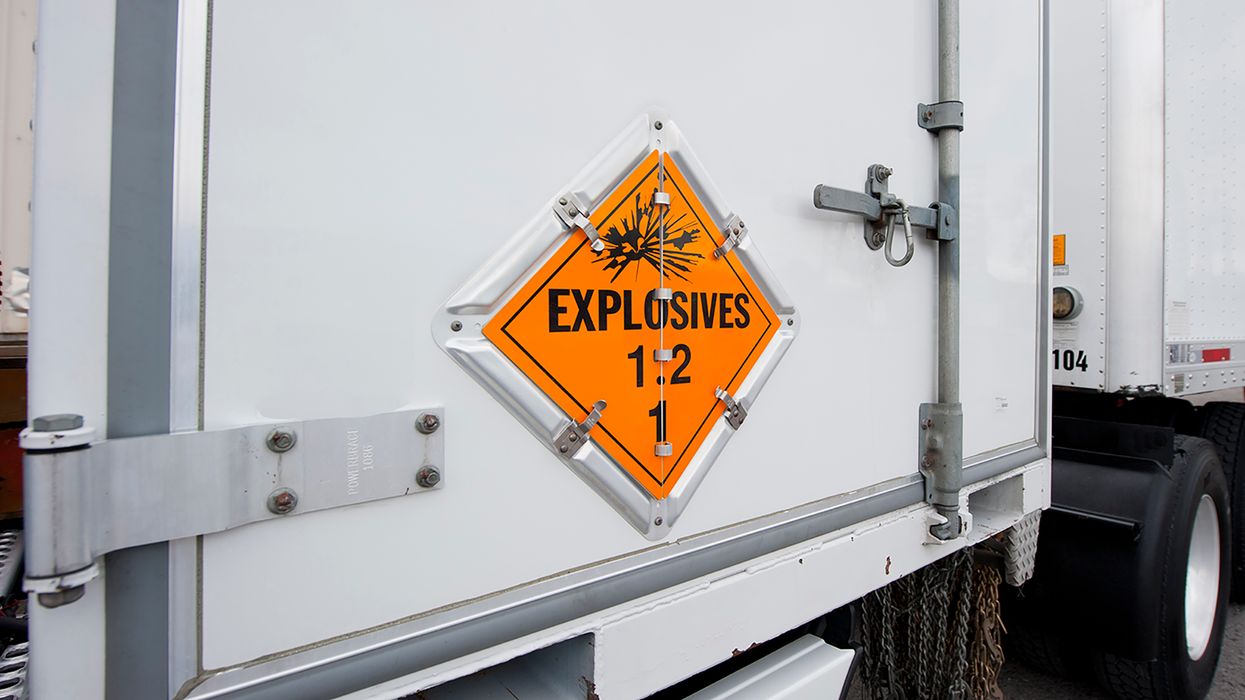Transportation Monthly Round Up - January 2024
Hello, the monthly round up video series will review the month’s most impactful regulatory proposals and changes, and we’ll discuss what you can do stay compliant. With that said, let’s get started!
Certified Medical Examiners (CMEs) receive new guidance as many may face removal from the National Registry. Interstate commercial motor vehicle (CMV) drivers must be medically qualified through an exam administered by Certified Medical Examiners — a group not usually in the news.
However, the Federal Motor Carrier Safety Administration (FMCSA) published three significant notices in the past week regarding the following:
- Medical Advisory Criteria revisions;
- Medical Examiner Handbook (MEH) updates; and
- A proposal to remove nearly 16,000 examiners due to inactive or non-existent National Registry of Certified Medical Examiner (NRCME) accounts.
Under a new proposal, fees for 2025 Unified Carrier Registration (UCR) would increase by an average of 25 percent above fees paid for the 2024 registration year. This amounts to between $9 and $9,000 per entity, depending on the applicable fee bracket. UCR fees are based on the number of vehicles a company owns or operates.
Despite the proposed 25 percent increase, the proposed fees are still less than the fees paid for registration years 2019-2022.
With the unseasonably warm weather in many Northern states in the last two weeks, watch for states to begin spring weight restrictions. Spring weight restrictions are most prevalent in the northern half of the United States and into Canada, but any state can impose restrictions.
One of the highest line items in any state budget is for roadway infrastructure. Highway funds are tight, the states simply cannot afford additional expense to repair or replace roadways due to being overloaded in the spring.
The spring weight limit could be less than the posted weight limit of the road. It truly is a “traveler beware” situation. It pays to be informed. Most states maintain websites with the spring restrictions.
The Province of B.C. amended regulations to increase fines and penalties for overpass crashes, and the changes will take effect in June of 2024.
Commercial vehicle infrastructure crashes cause damage, stop the movement of people and goods, and increase safety risks for everyone on the road. The ministry is implementing measures to further deter these incidents and to respond with stronger enforcement when they occur.
A more robust enforcement framework for companies that are repeatedly involved in infrastructure crashes could include outright cancellation of their carrier safety certificate, which would effectively prevent the company from operating in B.C.
That’s it for this month’s roundup. Stay safe, and thanks for watching.

